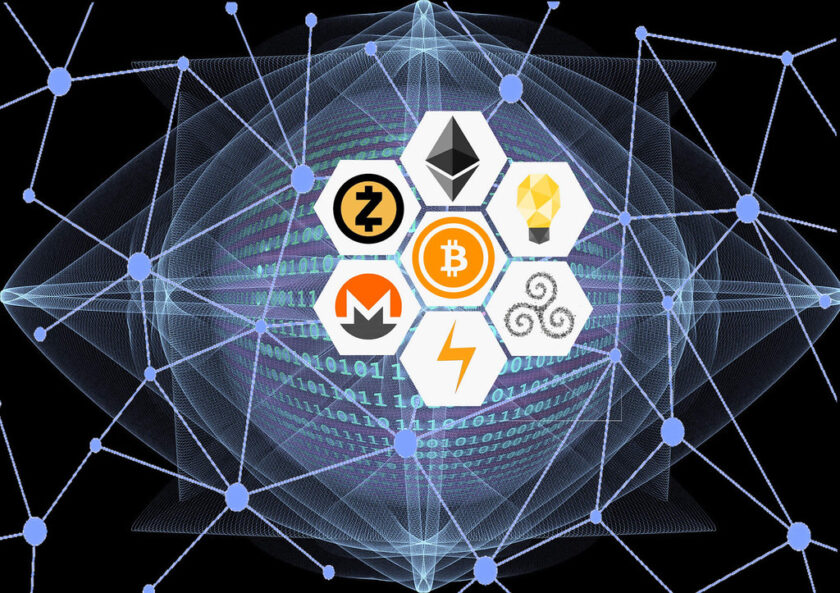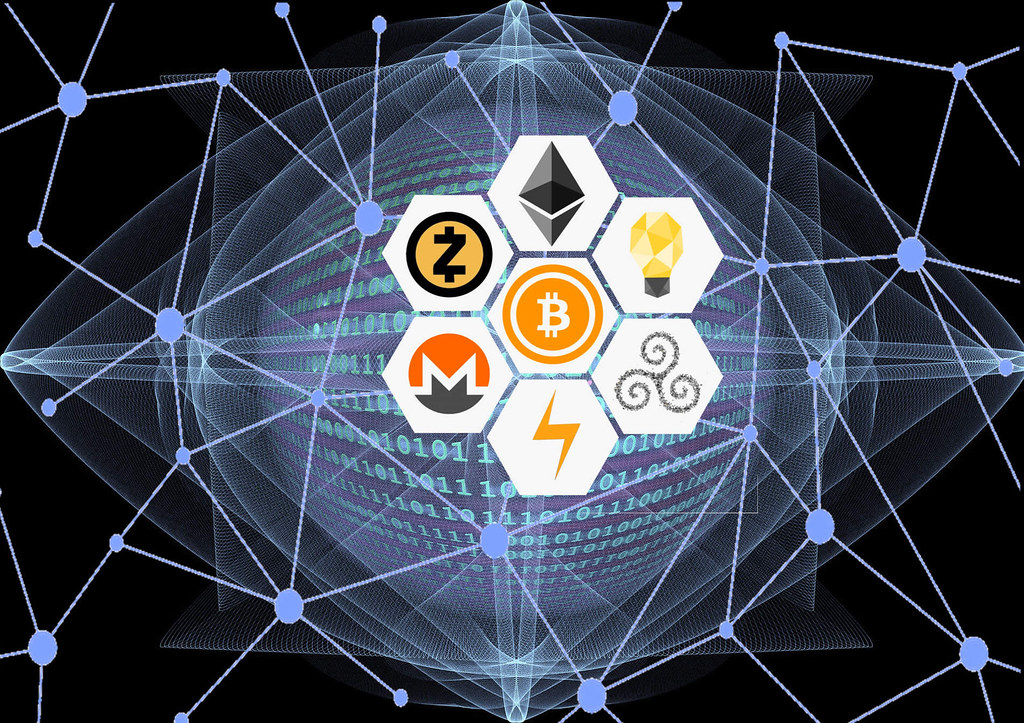Although you might have never heard about blockchain, it is an innovation that has already left its mark on the market. Through the use of decentralization and cryptographic hashing, it helps reduce risk and prevent fraud. It is also widely regarded as the technology that will change the world, at least from a business standpoint.
If you are wondering how big an impact blockchain technology can actually make, you came to the right place. This article explores what blockchain is and what kind of role it might play in the future. If you are ready to get to know a bit more about this unique transaction ledger, read on.

What Is Blockchain Technology?
To put it simply, a blockchain is a digital ledger that records transactions. It is decentralized, accessible by all parties involved in the transaction, and secure, which means that transactions cannot be altered once they are recorded.
Nowadays, blockchain technology is mainly used as a platform for cryptocurrency transfers. If a crypto user wants to pay for something, all they need to do is log into their crypto wallet like Ledger Nano X and type in the recipient’s receive address or QR code. Blockchain will do the rest to make the transaction as secure as possible.
However, blockchain’s potential applications extend far beyond cryptocurrency purposes. For example, blockchain can be applied to logistics, real estate, and even voting systems.
Basically, blockchain is a system of decentralizing transactions that are verified by network nodes. It is a public ledger with records of all transactions – financial or otherwise – that have ever taken place.
How Does Blockchain Work?
It’s a distributed database where participants can store information about any transaction. Once the information has been entered into the ledger, it can’t be deleted or modified.
The general process of creating a new block on the blockchain starts with the creation of a so-called “mining” node (a computer controlled by a user or a network). The node then creates a new block containing a set of transactions that need to be verified. After that, the created block is broadcast to other nodes on the network.
Once the block is validated by members of the network, it becomes part of the blockchain as an unchangeable record of transactions. This means that no one can erase or modify past transactions without altering the chain. That makes blockchain very secure and transparent since all transactions made on the ledger are visible to everyone in the network.
How Can Blockchain Be Used?
Since blockchain technology allows recording transactions without having to rely on third parties, it can be used for transactions between two parties who don’t trust each other yet and want to protect their privacy. Think about countries that are at war with each other but still want to trade with each other because they are economically dependent on each other.
Blockchain can also be used for recording property ownership rights over digital assets. For example, blockchain could be used for keeping track of a recording artist’s digital music library and ensure that they get paid whenever someone plays their songs on streaming services.
Another application of blockchain is smart contracts – self-executing agreements that are confirmed and verified by the blockchain network. You can think about smart contracts as legally binding digital contracts that are executed automatically once the conditions have been met. Since smart contracts are stored on blockchain, no one can tamper with them or claim they didn’t exist.
The Future Of Blockchain Technology
If you have ever wondered what this technology will lead to in the future, you are not alone. We don’t know exactly what the future holds for this revolutionary technology, but we do know some things about how blockchain might change our lives in the future:
Blockchain technology enables completely new business models such as decentralized organizations or marketplaces. These models are based on peer-to-peer interactions and eliminate the need for middlemen. This also eliminates transaction fees and makes these services easier and cheaper for users.
Since blockchain technology works with peer-to-peer interactions, it also eliminates the need for point of sale terminals and cashiers in stores. This would reduce costs for retailers and allow them to save money on personnel costs which they could then use to reduce prices for consumers.
Blockchain is expected to increase supply chain visibility which should help reduce food safety issues like beef recalls or foodborne illnesses caused by contamination of products during shipping. This would improve food safety and make sure that people get high-quality products without risking their health by consuming tainted foodstuffs.
As a result of increased supply chain visibility, blockchain technology will enable producers to sell their products directly to consumers without using intermediaries who take a cut of every transaction made through their platform. This should cause prices to drop significantly as well as increase transparency since consumers will know exactly who they are buying from and what conditions their produce was grown and shipped under.
Final Thoughts On Blockchain Technology
Blockchain technology is something that might change the way we do things in the future. However, it is still pretty early in its development, and there are many issues that need to be solved before it can become mainstream, like regulation and privacy concerns. Still, blockchain technology has a great potential to make our lives better and increase the efficiency of our economy by replacing outdated models with innovative ones.

